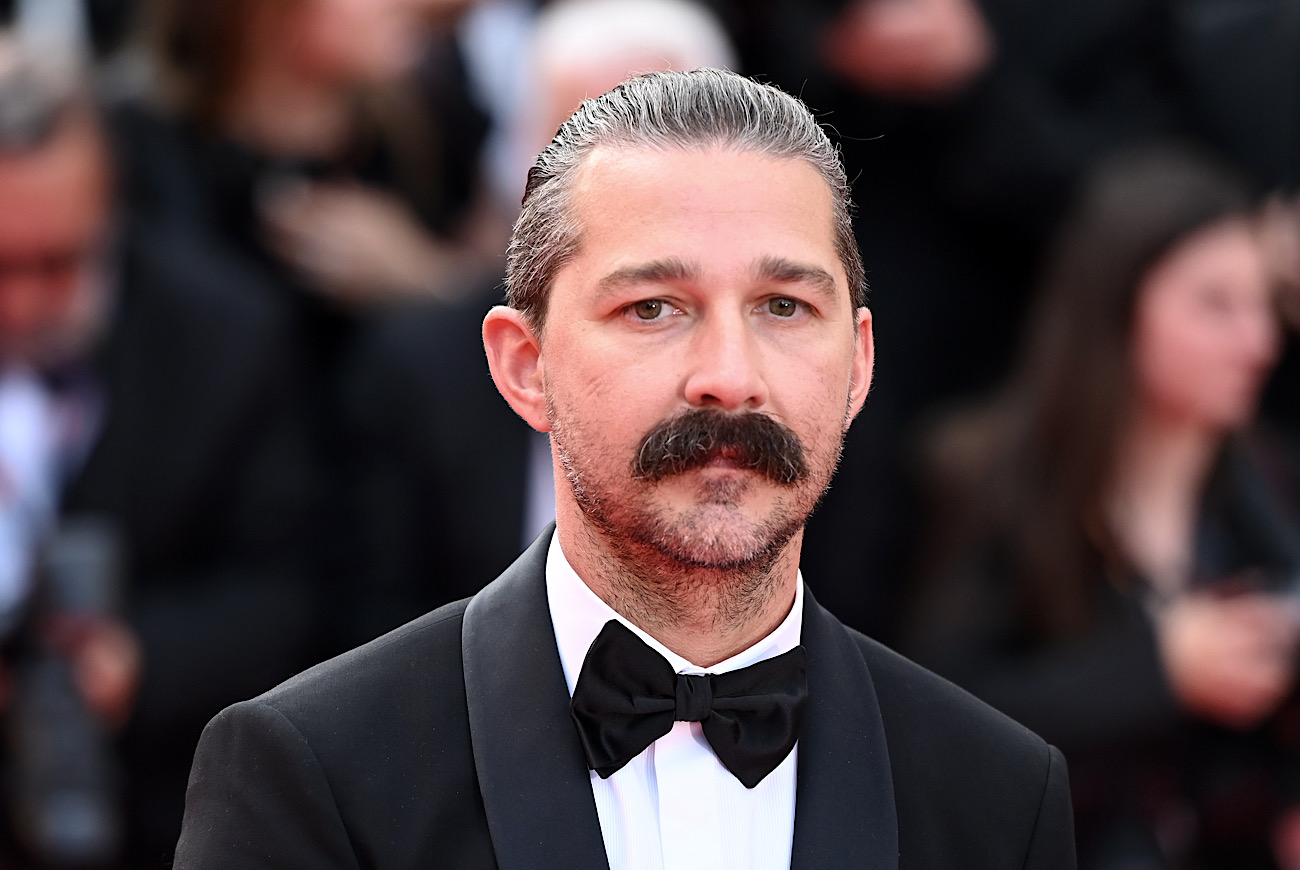Coming off an armful of big Emmy wins earlier this month, Baby Reindeer and Netflix took a big hit today as a federal judge ruled the big bucks defamation case against the dark comedy and the streamer will go forward.
First filed by self-declared real life Martha in June, the $170 million action is still set for a May 6, 2025 trial start, as Netflix came up short on their free speech proclaiming anti-SLAPP defense of the so-called “true story” saga of a UK comedian stalked by a female Scottish lawyer in London. Citing the much watched and highly acclaimed Baby Reindeer’s creator and star, the streamer has pledged from Day One “to defend this matter vigorously and to stand by Richard Gadd‘s right to tell his story.”
To that, Netflix did manage to see off the claims of negligence and right of publicity and get punitive damages stripped from the case — but those may end up being small victories.
For, even though Netflix co-CEO Ted Sarandos recently dismissed the debate about how true the self-described “based on a true story” Baby Reindeer is as “uniquely British,” U.S. District Judge R. Gary Klausner today had little inclination to dismiss the heart of Harvey’s case.
“Defendants argue that a reasonable person would not understand that Martha is, in actual fact, Plaintiff, such that any statements about Martha would be about Plaintiff,” he wrote today about the Jessica Gunning portrayed character and how much she is or isn’t based on Harvey. “In particular, Defendants argue that the similarities between Martha and Plaintiff are so broad that a reasonable person would not have been able to identify her,” Judge Klausner continues.
“The Court disagrees.”
“This is not the typical case where a plaintiff happens to be one of hundreds of people that match a fictional character’s broad characteristics,” the federal judge goes on to say of Baby Reindeer and its characters.
“Rather, Martha and Plaintiff have specific similarities that few others could claim to share. Specifically, Martha and Plaintiff are both Scottish lawyers living in London, twenty years older than Donny/Gadd, accused of stalking a lawyer in a newspaper article, who communicated with Donny/Gadd on social media,” he lists in a manner than must have driven Netflix’s Latham & Watkins lawyers nutty. “While there may be numerous Scottish lawyers living in London of the same approximate age as Plaintiff, it is very likely that only Plaintiff has been accused of stalking a lawyer in a newspaper article while also communicating with Gadd on social media.”
Netflix’s high priced lawyers had previously insisted to the court that “Harvey’s defamation claim fails because she does not allege a provably false statement of fact was made about her. They added in late July: . “None of the alleged statements can form a legal basis for defamation. In fact, Harvey is incapable of showing reputational harm. Her reputation was already tarnished by past news stories detailing her previous harassment and stalking of public figures. And as a public figure herself, she must allege actual malice.”
Read the full court order denying Netflix’s efforts to get the Baby Reindeer defamation suit dismissed here
Despite Gaad’s assertion in a partially redacted recent deposition that “Martha Scott is not Fiona Harvey” and “Martha is a fictional character with fictional personality traits that are very different than Harvey’s,” both the Baby Reindeer creator and Netflix had avoided addressing Harvey’s assertion in her suit that the multi-faceted series falsely portrayed her via the Martha character as “a twice convicted stalker who was sentenced to five years in prison.”
Oddly, away from U.S. courts and hidden from the world at large for several month, Netflix execs admitted in May in correspondence with the UK Parliament’s Culture, Media and Sport Committee that Harvey had never ever been convicted as a stalker. They also, before Harvey had even taken the streamer to court, seemed to admitted that Harvey was in fact Martha. , “I wanted to clarify our understanding that the person on whom the show is based — who we have at no point sought to identify — was subject to a court order rather than a conviction,” wrote Benjamin King, Netflix’s senior UK director of public policy, on May 23.

(L-R) Richard Gadd, Jessica Gunning in Baby Reindeer
Netflix
Nowadays, Netflix and Gaad, who is not a defendant in the case, also stay away from parts of the series where Martha attacked Gaad’s Donny character sexually and tried to gauge out his eyes in a pub while brandishing a glass bottle.
Sidestepping that Judge Klausner homes in on:
None of these statements were true, however. Nonetheless, these viewers inundated Plaintiff with threatening and harassing messages. This harassment became so pervasive that it caused Plaintiff to suffer severe emotional distress in the f01m of anxiety, nightmares, panic attacks, shame, depression, nervousness, stomach pains, loss of appetite, and fear. Specific ally, a fear of going outside.
Defendants should have known that the statements and portrayals of Plaintiff through Martha were false, and that viewers would discover her identity and harass her based on these false statements and portrayals. Yet, Defendants made no effort to investigate the accuracy of these statements and portrayals or take further measures to hide her identity.
Netflix did not respond to request from Deadline today on the court’s decision.
Even as a trial date has been put on the books for next year, the parties earlier this month were nudged towards arbitration as a way to settle the matter. With today’s ruling and the case moving ahead, settling may be something the streamer wants to take a lot more seriously now – and that’s a really true story.







![Ghost’ [Spoiler] Dies in Season 4, Episode 9 recap Ghost’ [Spoiler] Dies in Season 4, Episode 9 recap](https://tvline.com/wp-content/uploads/2024/09/power-book-ii-ghost-season-4-episode-9-recap-married-to-the-game.jpg?w=650)